The Mar Menor, Europe’s largest saltwater lagoon set in Murcia, Spain, has been a victim of what many refer to as “ecocide”: deliberate human activity that violates the main rules of environmental laws and destroys ecosystems.
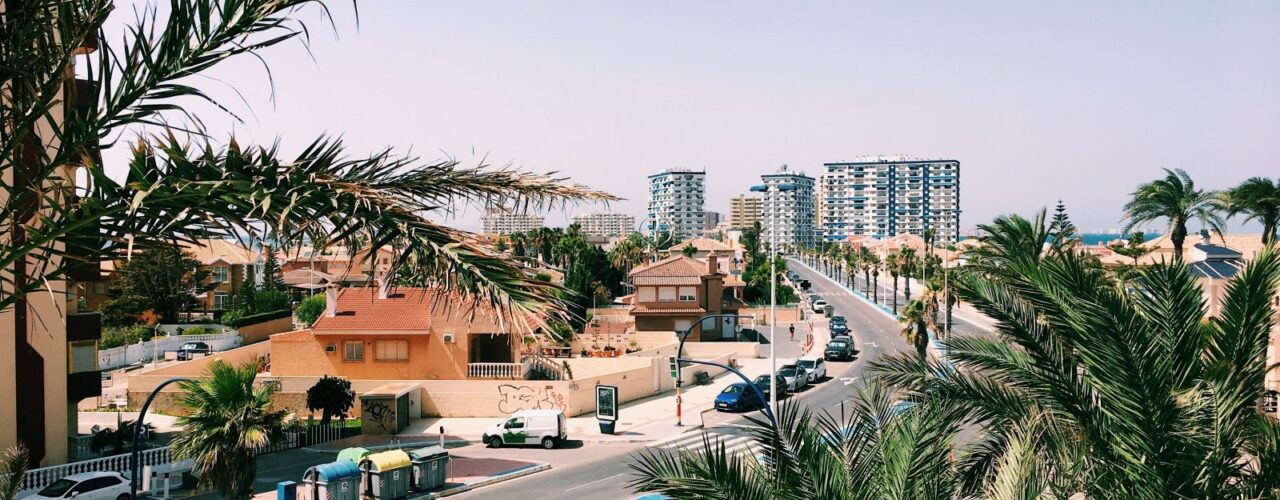
Without good regulation around the nitrates from the intensive irrigation of crops, poor sewage systems, and discharge from mining activities, the ecological balance of the lagoon has been broken and is quickly deteriorating.
As a result, local citizens are hoping that changing the legal status of the lagoon to a legal “person” would help to protect and preserve it moving forward.
So what?
Granting rights to nature is not an entirely new concept but one that’s been tricky to pull off in the past. If Murcia citizens manage to get the proposal to be voted on in parliament, does it stand a chance against the powerful lobby of agricultural and mining industries? If so, is this a way to environmental justice that could be scaled up across the world?
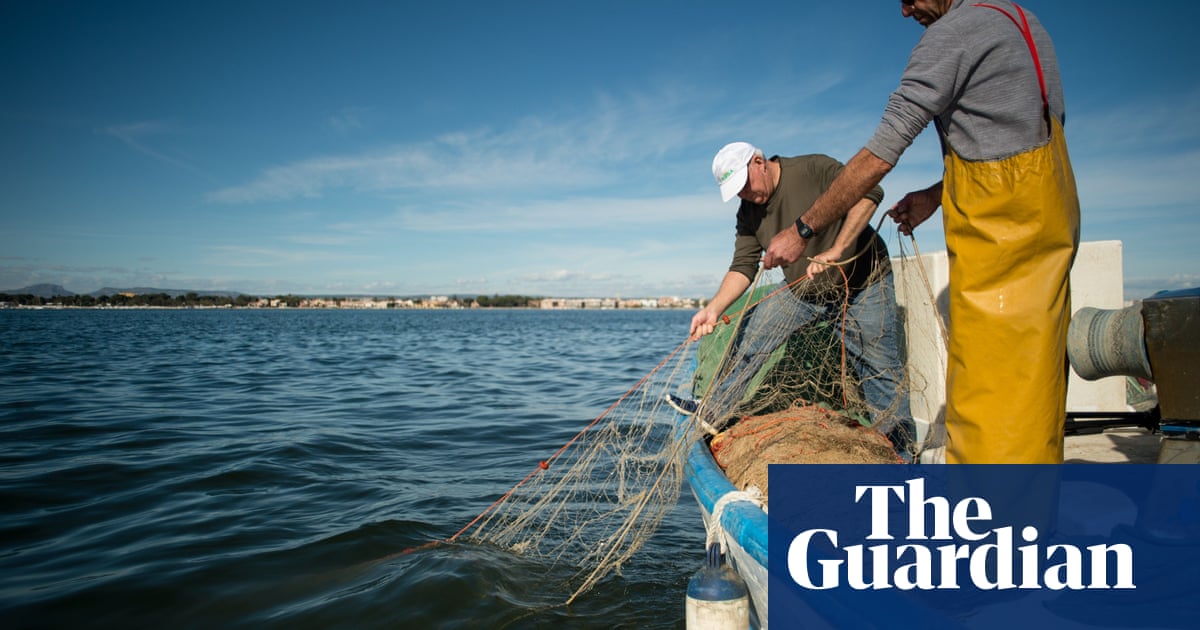
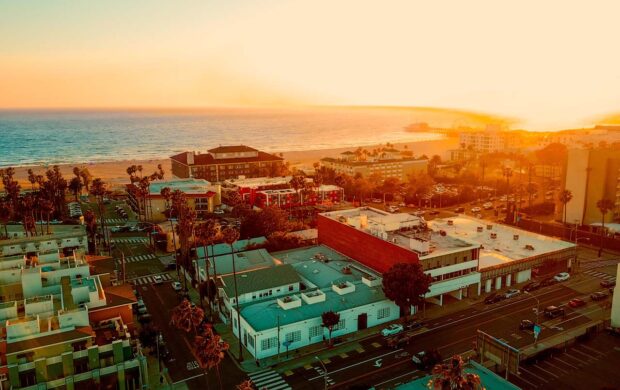
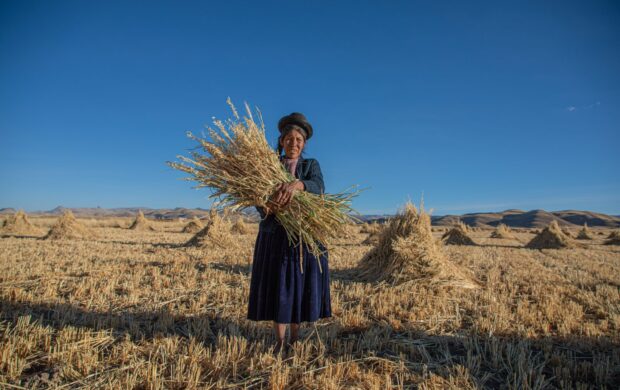



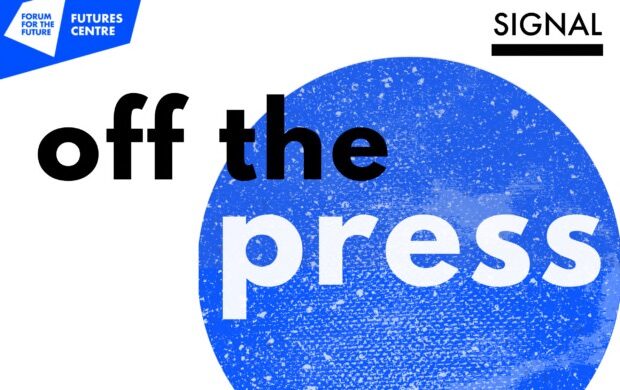


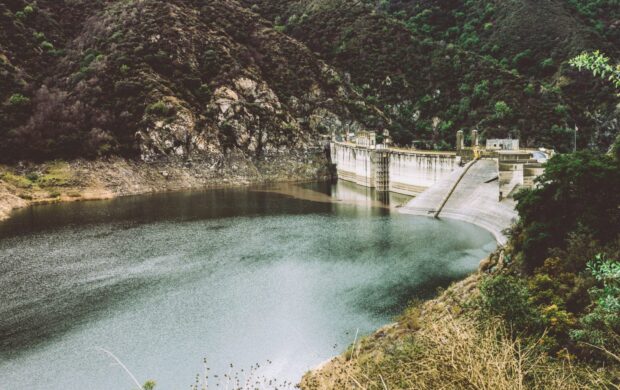
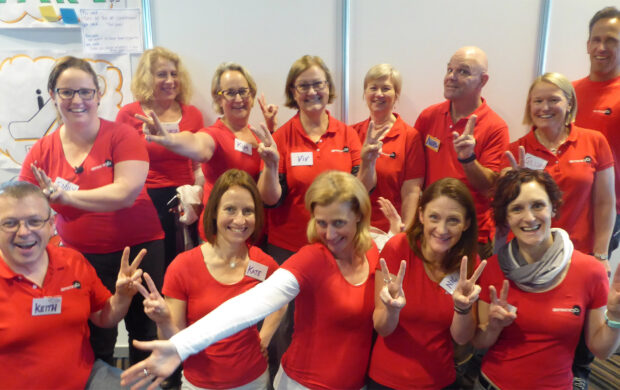


Join discussion